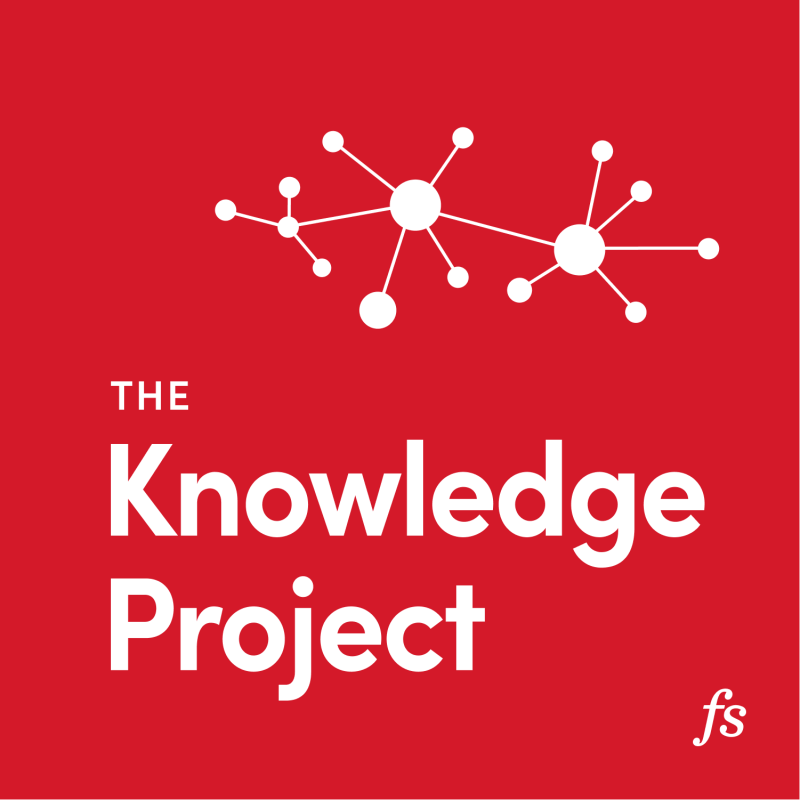Margaret Heffernan says most organizations don’t fail because of strategy — they fail because no one speaks up. In this conversation, she explains how to build trust, why real collaboration isn’t free, and how to stop ignoring what’s right in front of you.
Listen on: Apple Podcasts | Spotify | Transcript
As the former CEO of five successful businesses, Margaret Heffernan has been on the front lines observing the very human tendencies (selective blindness, conflict avoidance, and self-sabotage to name a few) that cause managers and sometimes entire organizations to go astray.
She has since written five books and has spoken all over the world to warn, educate and instruct leaders to not only be aware of these tendencies, but how to weed them out of our companies, our business, and even our relationships.
Here are a few highlights from our conversation:
- How to tap into the collective knowledge of your organization so problems are solved quickly, efficiently, and cooperatively.
- The strange experiment Margaret ran to build “social capital” in one of her early businesses that transformed the way her employees treated and interacted with each other
- How to build a culture that doesn’t create in-fighting and unhealthy competition within your organization, and how many companies today are missing the mark
- One simple thing you can do as a leader to increase the buy-in, productivity and overall satisfaction of your team members (and it takes less than 30 seconds to do.)
- The dangers of binary thinking and how Margaret catches herself from oversimplifying a situation.
- Why arguing may be one of the purest forms of collaboration — and how to do it correctly.
- How to identify the environment and context where you do your best work and how to best replicate it.
- How “willful blindness” has caused catastrophic disasters in business, professional and personal relationships, and what we can do to avoid being another statistic
- The wonderful advice Margaret gave to her kids when it came to choosing a career path
And much more.
If you interact with other human beings in any capacity, you need to hear what Margaret has to say.

